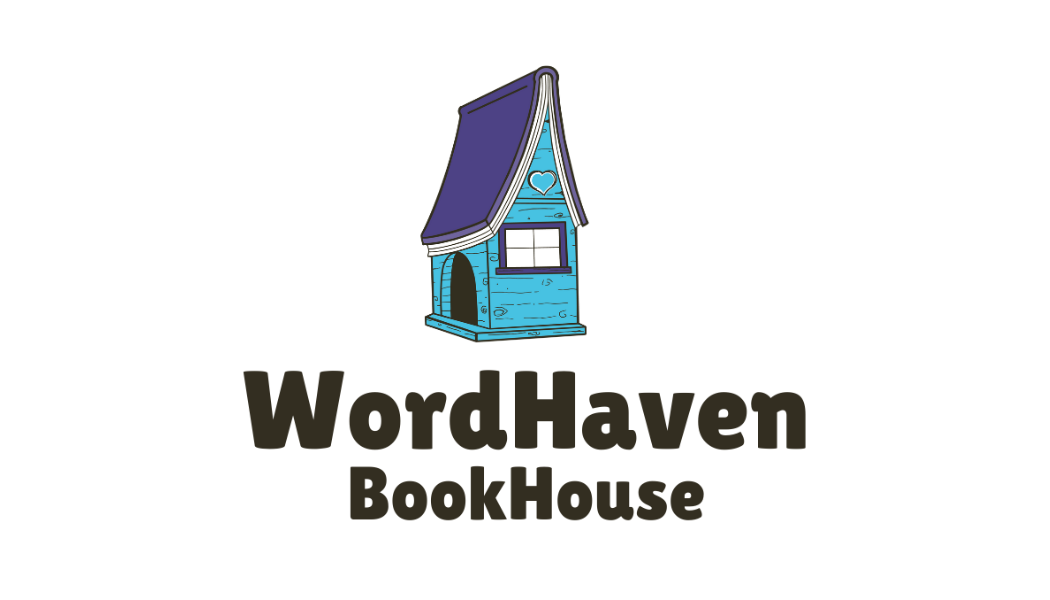My first lesson in equality vs. Equity occurred when I was five years old. My parents made the rule that I was not allowed to watch television past 7 PM on school nights.
My older brother was a procrastinator. He did not enjoy school and, as a result, would put off doing his homework until the last minute. My parents made the “TV Rule” so that he would be forced to do his homework.
I, on the other hand, LOVED school and was highly motivated and self-directed. I would complete my homework as soon as I got home. This meant that by the time we were done with dinner, I would be done with my homework and ready to socialize with my family. But because of the “TV Rule,” I was out of luck.
The rule applied only to the kids in the house. My parents would hunker down to watch their favorite programs. Mom would watch shows like Murder She Wrote in the downstairs living room and Dad would be watching PBS’s Masterpiece Theatre on the tiny TV in the kitchen. But I was on my own. Not only was I not allowed to watch TV at night, I was not allowed to even be in the same room as a TV. Which meant I was denied access to my parents. I tried to advocate for myself and explain why I thought the rule was unfair, but my words did not work.
But Saturday nights were my heaven. I planned ahead so that my Salisbury Steak TV dinner was cooked and cooled at the exact moment that The Muppet Show was beginning. I loved how the mashed potatoes, peas, and apple cobbler were all secure in their own sections. And I took the time to cook my meal in the oven- a soggy microwave meal was not good enough for my favorite event. I nourished my body with a HIGH quality cooked meal (from my little kid perspective), so that my heart and soul could soak in all of the lessons about how to be a human in this world.
Kermit taught me about honesty, organization, and the effective strategy of creating systems to relieve anxiety. Fozzie demonstrated the power of humor to create connections. Beaker fired up my lifelong interest in Communication Studies (he ONLY communicates with nonverbals and paraverbals and this has always amazed me!). Miss Piggy’s Reactive Attachment Disorder showed me how lonely it can be when you don’t own your stuff and blame everyone else for your troubles. Gonzo’s ability to own his weirdness raised my confidence. The Critics taught me how isolating judgment can be.
And I eagerly digested the lessons of the guest stars: John Denver helped the Muppets feel seen and valued, Big Bird raised their self worth, Chewbacca helped them to believe in themselves, Elton John stood up for the “underMuppet,” Gilda Radner helped them to laugh at themselves, and Linda Ronstadt preached kindness, love, and compassion. And I savored every single second. Just as I cherished every bite of my apple cobbler as the credits were rolling.
Even though my loyalty was with The Muppet Show Muppets, I learned from their Sesame Street cousins as well. Bert and Ernie taught me that it was possible to learn from people who were opposite from you. And I appreciated that they accepted the other Muppet for who he was. Cookie Monster made me feel unashamed for having a sweet tooth, and Oscar taught me that it is OK to be cranky sometimes.
My church made an attempt at the same lessons, but then I would see congregation members (including some of my family members) be cruel to each other and to me. They were not following what the minister was teaching. But The Muppets were different: They learned and grew and practiced relational mindfulness by valuing relationships over ideas. They clearly and consistently cared more about other Muppets than they did about being right (and “winning”), and they built trust with each other by having their actions match their words.
Their lessons are the ones I pay forward: To celebrate self-worth; value all feelings; be curious instead of judgmental; own your stuff; laugh, play, and giggle with each other; be kind and compassionate; honor imperfections, and lead with love. When a spotlight was shined on everything in my life (as MN State Teacher of the Year), I re-learned the lessons I was taught by my childhood “teachers” and realized that I had a lot of areas to improve.
Because my parents had so much unresolved trauma of their own, they did not have the skillset to teach me what I wanted to know/needed to learn in order to become a healthy human being. And their prioritizing of equality vs equity prevented us from having the opportunity to, at the very least, bond over the shows that they liked to watch. If they had chosen to employ equity with their children, it would have created more opportunities to connect and I would have felt like my needs mattered.
When Jim Henson died, I felt like I lost a parent. But his legacy and lessons live on in his Muppets and in every human who has ever watched his show. They are the reason I am an advocate for myself and for others. I will be forever grateful to have been raised by The Muppets.
